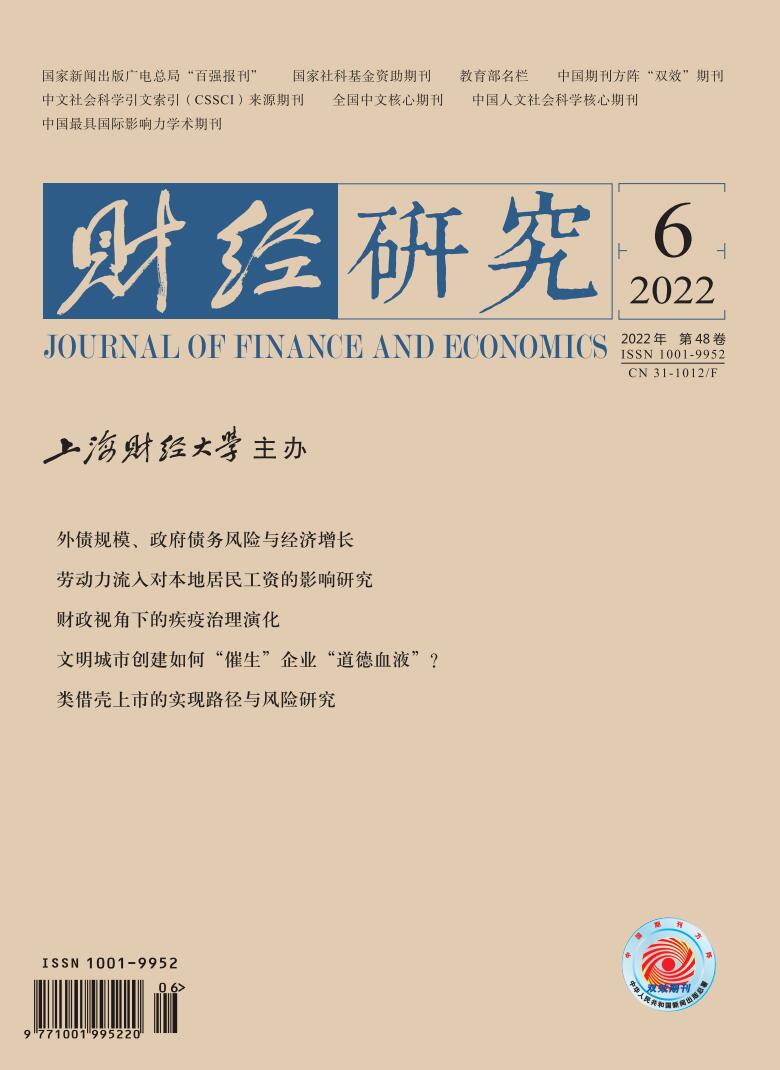In recent years, the concept of the “third type of distribution” promoted by the hand of society has been mentioned many times in government meetings, emphasizing that under the influence of morality and culture, social forces carry out supporting the weak through voluntary donation and philanthropy, which calls on enterprises to bear social responsibility. Based on this, on the basis of theoretical analysis, this paper matches the data of China’s Shanghai and Shenzhen A-share listed companies from 2009 to 2019 with the data of prefecture-level cities to construct an unbalanced panel, and uses a multi-point DID model to analyze how to improve corporate social responsibility in the establishment of civilized cities. The results show that: (1) The establishment of civilized cities can promote corporate social responsibility in pilot cities. (2) The establishment of civilized cities can promote corporate social responsibility by strengthening government environmental regulation, optimizing the quality of enterprise executives and improving the social credit environment. (3) The policy effect of civilized cities on corporate social responsibility is heterogeneous. The policy effect of economically developed areas is stronger than that of economically underdeveloped areas, and that of areas with sound legal environment is stronger than that of areas with backward legal environment; the policy effect of state-owned enterprises is stronger than that of non-state-owned enterprises, and enterprises with no defects in internal control are stronger than those with defects in internal control. (4) The diffusion of the pilot policy of civilized cities will enhance the policy effect of the establishment of civilized cities on corporate social responsibility.
The marginal contributions of this paper are as follows: (1) The topic selection widens the research dimension of the external institutional environment on corporate social responsibility. (2) Aiming at the research of intermediary mechanism and the discussion of policy diffusion effect, this paper deepens the research depth of policy pilot papers. (3) This paper constructs instrumental variables through the cities along the Yellow River, the Yangtze River and the Pearl River, which provides a new idea for overcoming the endogenous problems of civilized cities. The policy implications of this paper are as follows: Firstly, we should improve urban civilized governance and promote the role of enterprises in the “third type of distribution”. Secondly, we should mobilize the participation of government, enterprise and society to form the joint force of urban civilization governance and corporate social responsibility governance. Finally, we should guide the benign competition of pilot cities and strengthen the classified governance of corporate social responsibility.





 5634
5634  5879
5879

